Related Research Articles

Huddie William Ledbetter, better known by the stage name Lead Belly, was an American folk and blues singer notable for his strong vocals, virtuosity on the twelve-string guitar, and the folk standards he introduced, including his renditions of "In the Pines", "Pick a Bale of Cotton", "Goodnight, Irene", "Midnight Special", "Cotton Fields", and "Boll Weevil".

Mitchell Herbert Ellis was an American jazz guitarist. During the 1950s, he was in a trio with pianist Oscar Peterson.
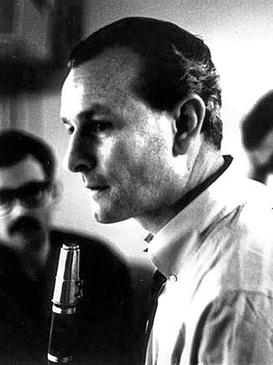
James Peter Giuffre was an American jazz clarinetist, saxophonist, composer, and arranger. He is known for developing forms of jazz which allowed for free interplay between the musicians, anticipating forms of free improvisation.

Billy Higgins was an American jazz drummer. He played mainly free jazz and hard bop.

David Mallett was an American singer-songwriter best known for his authorship of the "folk standard" composition "Garden Song". He recorded for independent record labels for most of his career.

Ralph Towner is an American multi-instrumentalist, composer, arranger and bandleader. He plays the twelve-string guitar, classical guitar, piano, synthesizer, percussion, trumpet and French horn.
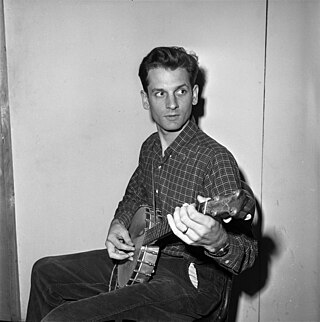
Mike Seeger was an American folk musician and folklorist. He was a distinctive singer and an accomplished musician who mainly played autoharp, banjo, fiddle, dulcimer, guitar, harmonica, mandolin, dobro, jaw harp, and pan pipes. Seeger, a half-brother of Pete Seeger, produced more than 30 documentary recordings, and performed in more than 40 other recordings. He desired to make known the caretakers of culture that inspired and taught him. He was posthumously inducted into the International Bluegrass Music Hall of Fame in 2018.
Cindy Kallet is an American folk singer-songwriter from New England. She currently performs solo, with Grey Larsen, and as part of the trio of Kallet, Epstein & Cicone. Her first album, Working on Wings To Fly (1981), had songs about Martha's Vineyard and New England. That album was also voted as one of the top 100 folk albums of the century by WUMB.

The Equals are an English rock band. They are best remembered for their million-selling chart-topper "Baby, Come Back", though they had several other chart hits in the UK and Europe. Drummer John Hall founded the group with Eddy Grant, Pat Lloyd and brothers Derv and Lincoln Gordon, and they were noted as being "the first major interracial rock group in the UK" and "one of the few racially mixed bands of the era".
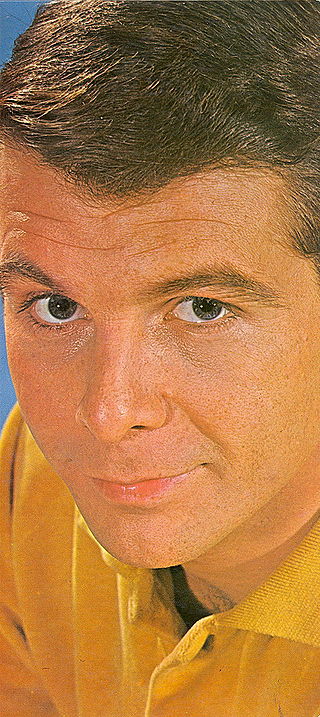
Samuel Robert Gibson was an American folk singer and a key figure in the folk music revival in the late 1950s and early 1960s. His principal instruments were banjo and 12-string guitar.

Ella Fitzgerald Sings the Harold Arlen Song Book is a 1961 album by the American jazz singer Ella Fitzgerald, with a studio orchestra conducted and arranged by Billy May. This album marked the only time that Fitzgerald worked with May.

Tim Hardin 1 is the debut album by folk artist Tim Hardin, released in 1966 on Verve Records.
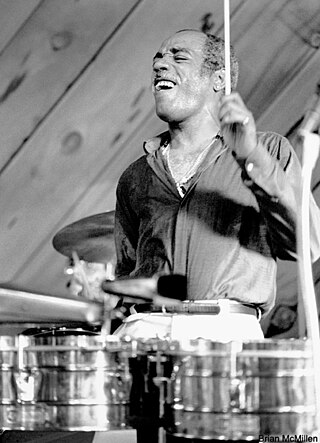
William Correa, better known by his stage name Willie Bobo, was an American Latin jazz percussionist of Puerto Rican descent. Bobo rejected the stereotypical expectations of Latino music and was noted for his versatility as an authentic Latin percussionist as well as a jazz drummer easily moving stylistically from jazz, Latin and rhythm and blues music.
"The Sweet Trinity", also known as "The Golden Vanity" or "The Golden Willow Tree", is an English folk song or sea shanty. The first surviving version, about 1635, was "Sir Walter Raleigh Sailing In The Lowlands ".
Makem and Spain was an Irish-American folk music band. The band was founded as "The Makem Brothers" in February 1989 by Rory, Shane, and Conor Makem, the three sons of "The Godfather of Irish Music" Tommy Makem, and grandsons of Irish source singer Sarah Makem.
The Settlers were an English folk-orientated music group, originally from the English West Midlands, who formed in the mid-1960s. The band folded in the early 1980s, relaunched in 2018, and disbanded again in 2021.
The Hillside Singers were an American folk pop group. The ensemble was created by advertising agency McCann Erickson to sing in a television commercial. McCann Erickson had written the jingle "I'd Like to Teach the World to Sing " for Coca-Cola, and had sought to have The New Seekers sing it, but that group could not fit the project into their schedule and turned it down. McCann Erickson then got in touch with producer Al Ham, who put together a group of singers for the project. The commercial began airing in July 1971 and was extremely popular, convincing Ham to rewrite the song as "I'd Like to Teach the World to Sing" and to record an album and a Christmas record. The single hit No. 13 on the Billboard Hot 100 chart, No. 5 on the Adult Contemporary chart, and No. 58 in Canada, which convinced The New Seekers to issue it as a single as well. The Hillside Singers version of the song sold a million copies, earning a gold certification from the Recording Industry Association of America.
Frank Noah Proffitt was an Appalachian old time banjoist who preserved the song "Tom Dooley" in the form we know it today and was a key figure in inspiring musicians of the 1960s and 1970s to play the traditional five-string banjo.
"Soon May the Wellerman Come", also known as "Wellerman" or "The Wellerman", is a folk song in ballad style first published in New Zealand in the 1970s. The "wellermen" were supply ships owned by the Weller brothers, three merchant traders in the 1800s who were amongst the earliest European settlers of the Otago region of New Zealand.
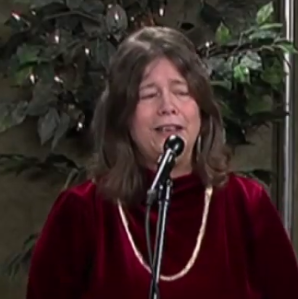
Catherine Jean "Cathy" Barton Para was an American folk musician from Boonville, Missouri known for her performances of traditional Ozark music and her proficiency on the banjo and hammered dulcimer. For more than four decades she performed with her husband Dave Para. She performed at the Grand Ole Opry in Nashville, on the television show Hee Haw, and regularly at Boonville's Big Muddy Folk Festival, which she helped found.
References
- 1 2 3 4 5 Colin Larkin, ed. (1992). The Guinness Encyclopedia of Popular Music (First ed.). Guinness Publishing. p. 286. ISBN 0-85112-939-0.
- ↑ Harris, Craig. "Biography: Gordon Bok". AllMusic . Retrieved May 14, 2010.
- ↑ "Bok, Muir and Trickett". Gordonbok.com. Retrieved September 8, 2020.
- ↑ "Gordon Bok". Gordonbok.com. Retrieved September 8, 2020.
- ↑ "Gordon Bok to sing sea songs in the city". Masslive.com. October 15, 2013. Retrieved September 8, 2020.
- ↑ "Gordon Bok". Harborsquaregallery.com. Archived from the original on November 16, 2012. Retrieved September 8, 2020.